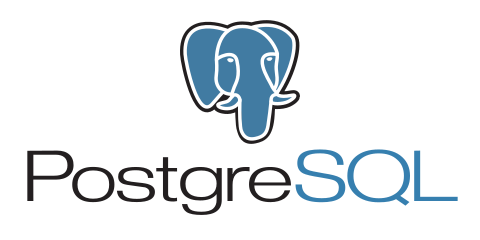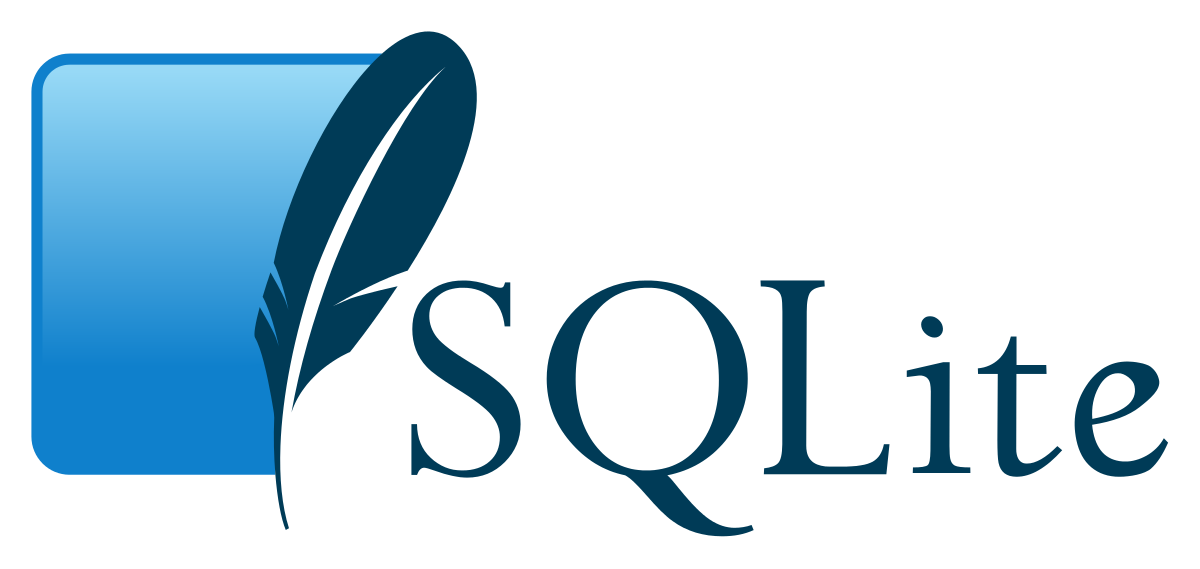SQL Databases
Relational databases are commonly referred to as SQL, the short term for Structured Query Language, a programming language used to write on these types of database engines.
Relational databases store data in tables, where data is stored in a structured way. In this type of database, each column sorts specific types of information while each row consists of an entry/record.
For an effective relational database, it is important to have a very organized and structured schema (relation between tables and field types) as a simple change to this schema involves a change to the whole database.
Advantages of a SQL Database
- Fast query processing – retrive your data in a quick efficient way.
- Simple coding – SQL database management does not need complex coding skills, as a beginner user can easily understand how to work with it.
- Standard language – SQL is a simple language that works according to the standards defined for it.
- Portable – SQL databases can be managed wether on your computer, server or laptop. It is even possible have it embedded into your own applications.
- Wide range of support – in case you encounter any issues, SQL databases have the advantage of having a lot of support.
Disadvantages of a SQL Database
- Complex interface – working with SQL interface can be complicated as it’s interface can make your user experience difficult.
- Poor scalibilty – it is very difficult to scale in case your database as the need to grow further.
SQL Database Engines
MariaDB
- Company: MariaDB Foundation
- Website: www.mariadb.org

MS SQL Server
- Company: Microsoft
- Website: www.microsoft.com/en-us/sql-server
MySQL
- Company: Oracle Corporation
- Website: www.mysql.com
Oracle
- Company: Oracle Corporation
- Website: www.oracle.com/database/technologies
Postgre SQL
- Company: PostgreSQL Global Development Group
- Website: www.postgresql.org

SQLite
- Company: SQLite
- Website: www.sqlite.org

⋆ The database engines presented here are supported by karditor’s services.

